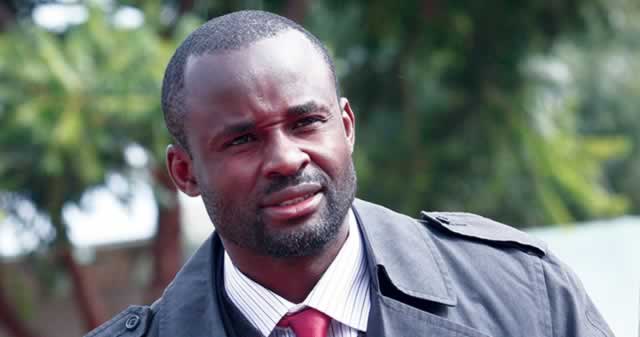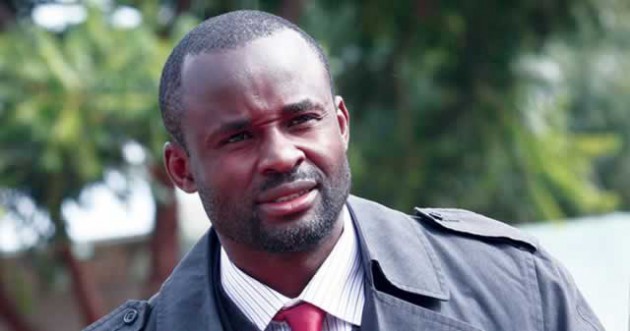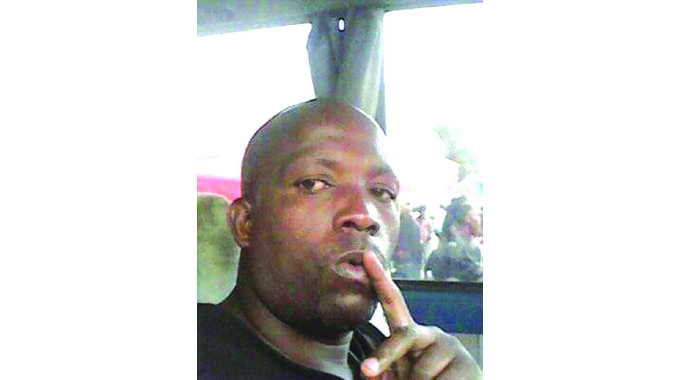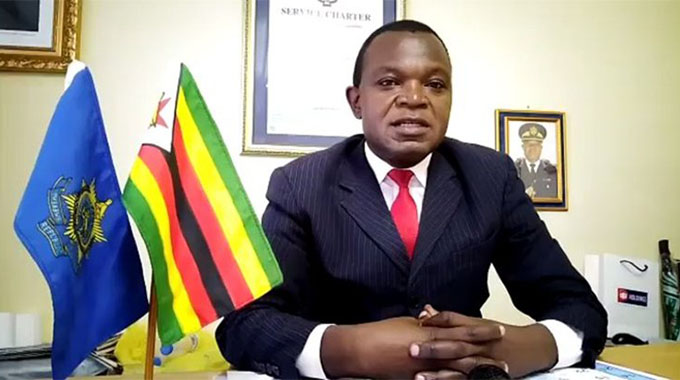Landmark ruling on elections

Daniel Nemukuyu Senior Court Reporter
Electoral Court judge Justice Chinembiri Bhunu has ruled that a registered voter can lawfully stand as a candidate in a National Assembly election even if he or she is not registered in the particular constituency vied for.
He also said a criminal record was not a reason to bar one from contesting in an election.
Justice Bhunu made the landmark decision during the pre-trial conference held in a matter in which former Zanu-PF chairman for Mashonaland West Province Mr Temba Mliswa is contesting the victory of Cde Keith Guzah in the Hurungwe West parliamentary by-election.
In his challenge, Mr Mliswa — the immediate-past MP for the constituency — argued that Cde Guzah was not eligible to contest in the by-election because he was not a registered voter in Hurungwe West.
Also Read:
- Guzah hits back at Mliswa
- Mliswa wants Guzah victory nullified
- Mliswa to contest Guzah poll victory
- ZEC stands by Keith Guzah
- Mliswa’s bid to stop by-election flops
- Electoral Court hears Mliswa’s case today
He also argued that Cde Guzah had a criminal past and that he was at law not allowed to contest in an election.
Mr Mliswa further argued that Cde Guzah used violence, vote-buying and intimidation to win the by-election.
The pre-trial conference was held in Justice Bhunu’s chambers yesterday, but lawyers representing all the parties confirmed that the judge found that Section 125 of the Constitution of Zimbabwe does not specifically require a candidate to be a
registered voter in the contested constituency.
The judge, according to the lawyers, said as long as one is a registered voter, he or she can qualify to contest for any seat in Zimbabwe before striking down the two grounds — that Cde Guzah was not a registered voter in the constituency and that he had a criminal past.
Cde Guzah’s lawyer Advocate Sylvester Hashiti said:
“The judge ruled that in terms of Section 125 of the Constitution, you must only be a registered voter to qualify as a candidate and that the Section does not specifically indicate that the candidate must be registered in that particular constituency.
“It was also the judge’s finding that the same section of the Constitution does not regard criminal past as a bar.
“The judge then struck off the two grounds and referred to trial the issue of whether or not Cde Guzah used violence, intimidation, vote buying or bribery to win an election.”
Mr Musindo Hungwe, who acted for Mr Mliswa, confirmed the same position.
“The judge ruled that Section 125 of the Constitution was silent on whether or not a candidate must be registered to vote in the constituency in question,” he said.
“He then interpreted it to mean that as long as one is a registered voter anywhere in Zimbabwe, he or she can qualify to contest in any constituency. The judge also found that the same section does not take having a criminal past as a disqualifier.”
In the by-election held on June 10 this year, Cde Guzah polled 5 961 votes against Mr Mliswa’s 4 239 ballots.
The by-election arose after Mr Mliswa was expelled from Parliament when Zanu-PF wrote disowning him.
He had been first expelled from the party for acting against the party’s leadership in conniveance with expelled former vice president Dr Joice Mujuru.









Comments